Sun Protection & Its Importance
Hi everyone! I'm David, a medical student in your friendly neighbourhood, Australia.
Hikoco has asked me to inform everyone of the importance of sun protection especially as the radiation is getting stronger and stronger in our summer days. It's not only about beauty reasons but also for your health.

There are three types of Skin Cancers which are:
- Basal Cell Carcinoma
- Squamous Cell Carcinoma
- Melanoma
As commonly known, Melanoma is the deadliest type of skin cancer. New Zealand and Australia have the highest rates of Melanoma in the world due to the high levels of Ultraviolet (UV) radiation from the sun. Skin cancers are easily preventable and appropriate prevention is often better than cure. Although signs of skin damage may not be evident straight after sunburn, it poses a great risk of skin cancer in later life.
UV radiation is a well-known carcinogen (cancer-causing agent) and is also responsible for rapid ageing of the skin (photoaging). Applying sunscreen correctly is one of the ways of avoiding the harmful effects of UV radiation. There are numerous studies demonstrating the beneficial effects of sunscreen in preventing all types of skin cancers, including Melanoma.

Sunscreens work either by physically blocking (reflecting/scattering) or absorbing UV radiation. Based on their mechanism of action, they are classified as either physical (inorganic) or chemical (organic) sunscreens. They are equally effective however have different advantages.
Physical blockers often contain zinc oxide or titanium dioxide. They are usually fine powdered and dispersed in the sunscreen. Due to their insoluble nature, they are minimally absorbed into the skin and can be easily rubbed off.
Chemical agents, on the other hand, works by absorbing UV radiation. These are usually synthetic (man-made) chemicals that are soluble in oil and/or water. Chemical sunblock agents feel more comfortable and can be easily applied to the skin.

"What are these SPFs & PAs all about?"
Choosing the right sunscreen can be quite confusing. Most of us are familiar with the SPF label but not many understand the meaning of SPF. It stands for Sun Protection Factor which is a measure of the degree of sunburn protection provided by sunscreens. It is calculated by comparing the length of time required to get a sunburn with or without application of the sunscreen.
Generally, it takes about 10 to 20 minutes without sunscreen for a person to get sunburn. Sunscreen with SPF of 15 will protect the skin from sunburn for 15 times longer (150 to 300 minutes). However this does not mean you will be protected for the whole duration due to the number of other factors contributing to the total amount of UV exposure, and dermatologists recommend sunscreen to be reapplied every 2 hours. It is recommended to use SPF of at least 30 in Australia and New Zealand due to a large amount of harmful UV radiation.

PA+ signs can often be seen in many sunscreen products. PA, also known as Protection Grade of UVA rays, indicate the sunscreen’s degree of protection from UVA radiation. The more plus signs the sunscreen has, the greater protection provided by the sunscreen. UVA is a type of UV radiation from the sun which penetrates into deeper layers of the skin.
This damages the sites where new skin cells are generated causing roughening, wrinkling and sagging of the skin. Therefore it is recommended to use a sunscreen that has a “broad spectrum” cover (both UVA and UVB) with minimum SPF value of 30.
As much as Hikoco tries to emphasise the importance of sunblocks, even for me it would be great to hear that any one of you who are reading this to feel dedicated to sunblocks. Hope this all helped those who wanted explanations of why UV protection was such a "MUST" in skincare routines and what do they all mean.
Now worried because you don't have a proper daily sunscreen?
👉🏻👉🏻👉🏻 Hikoco's Suncare Collection









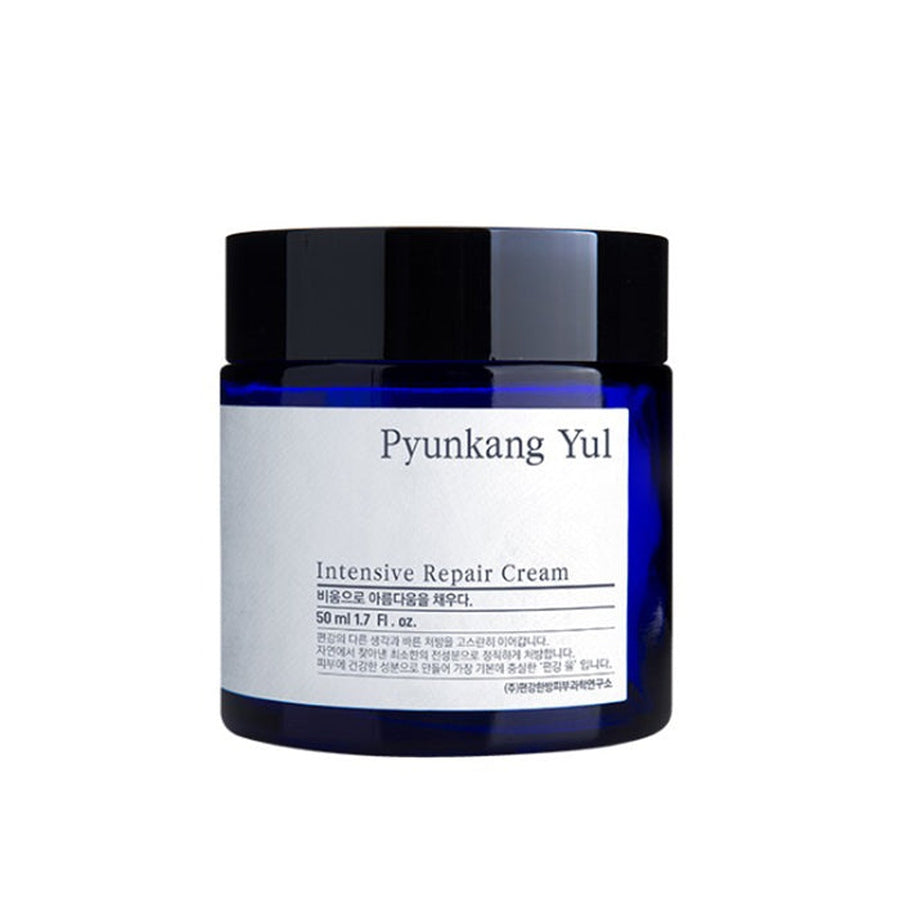
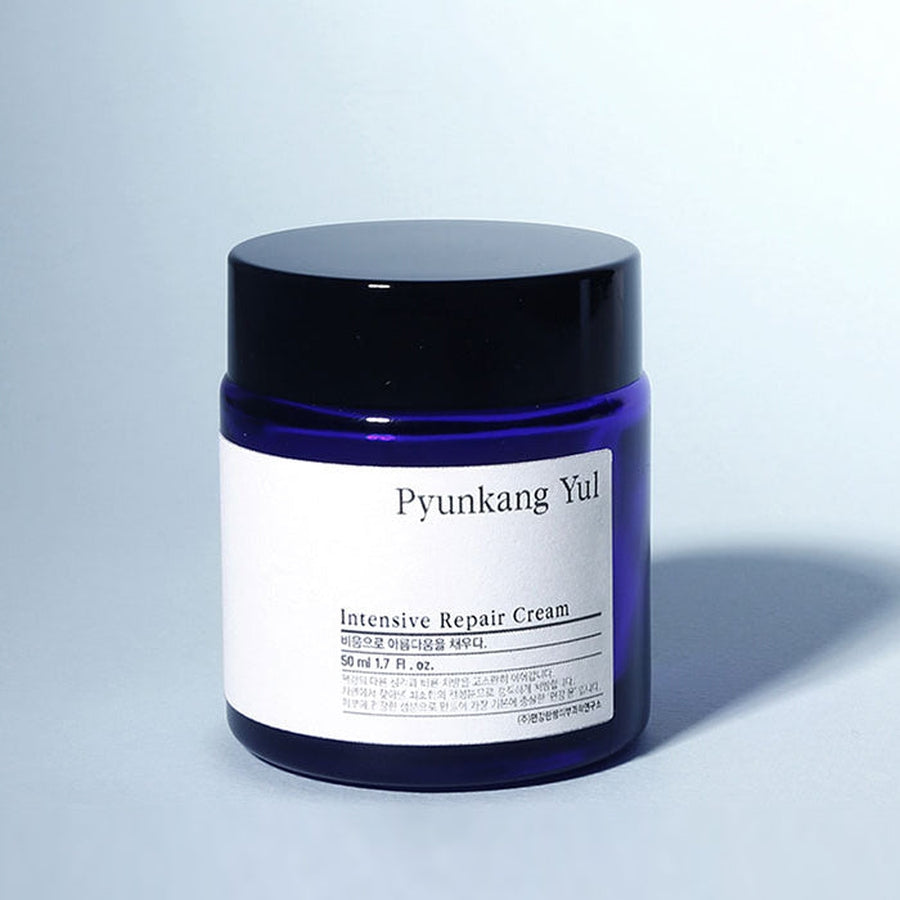


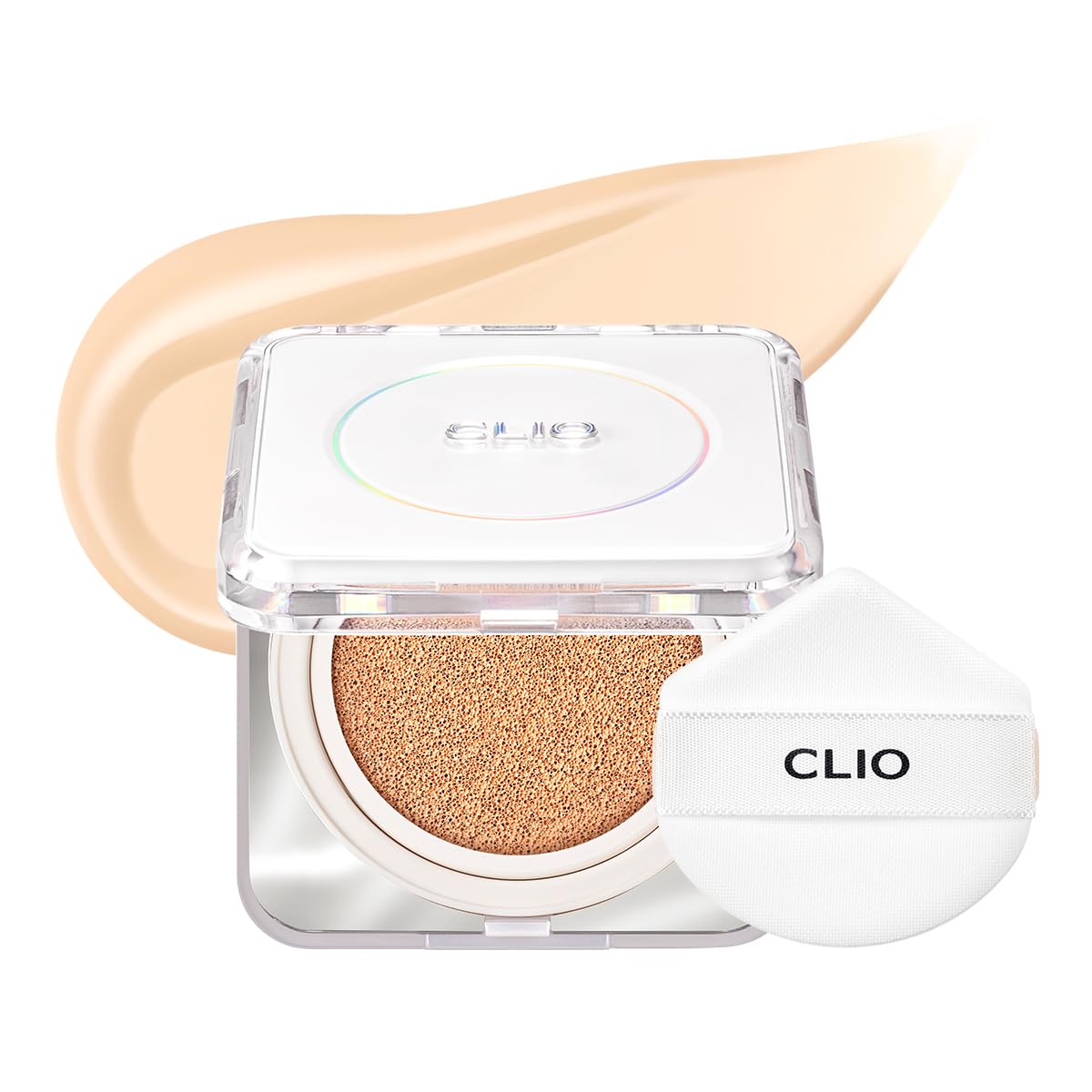
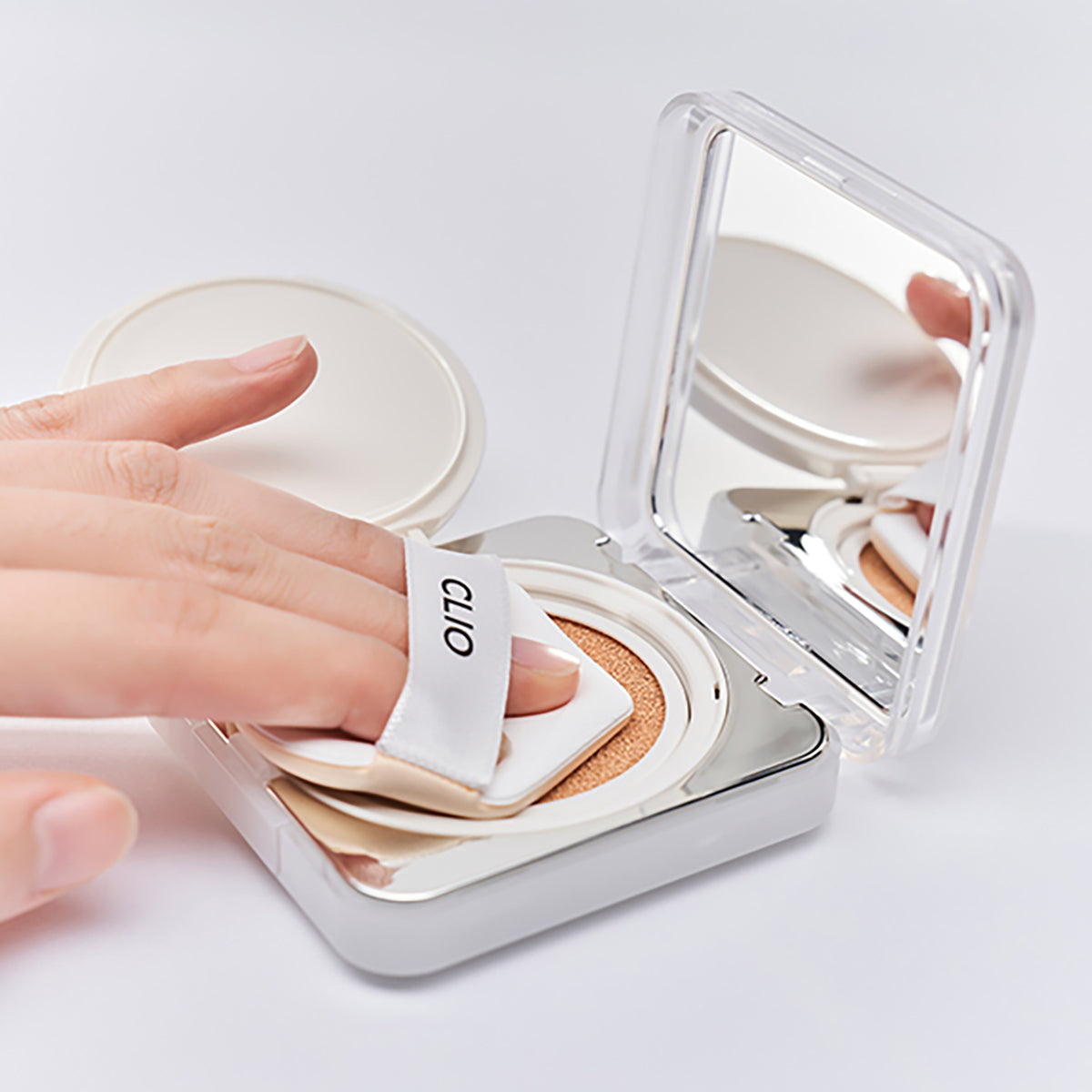
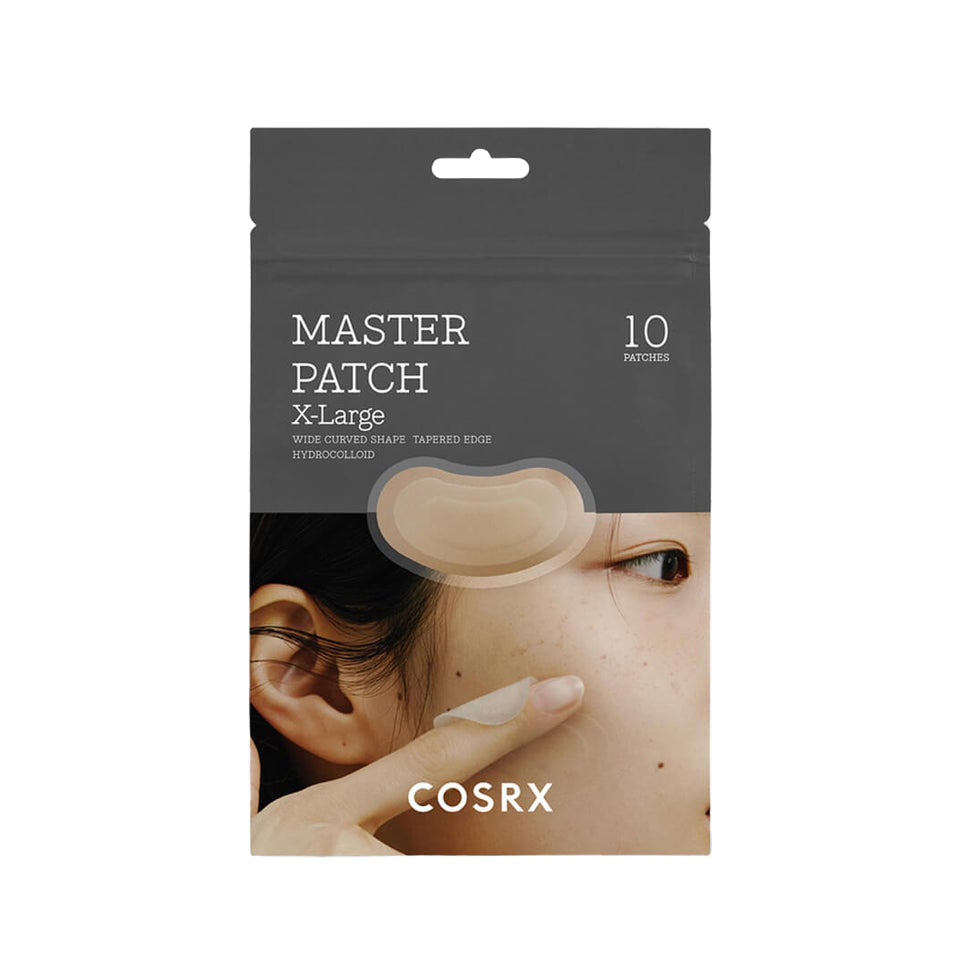
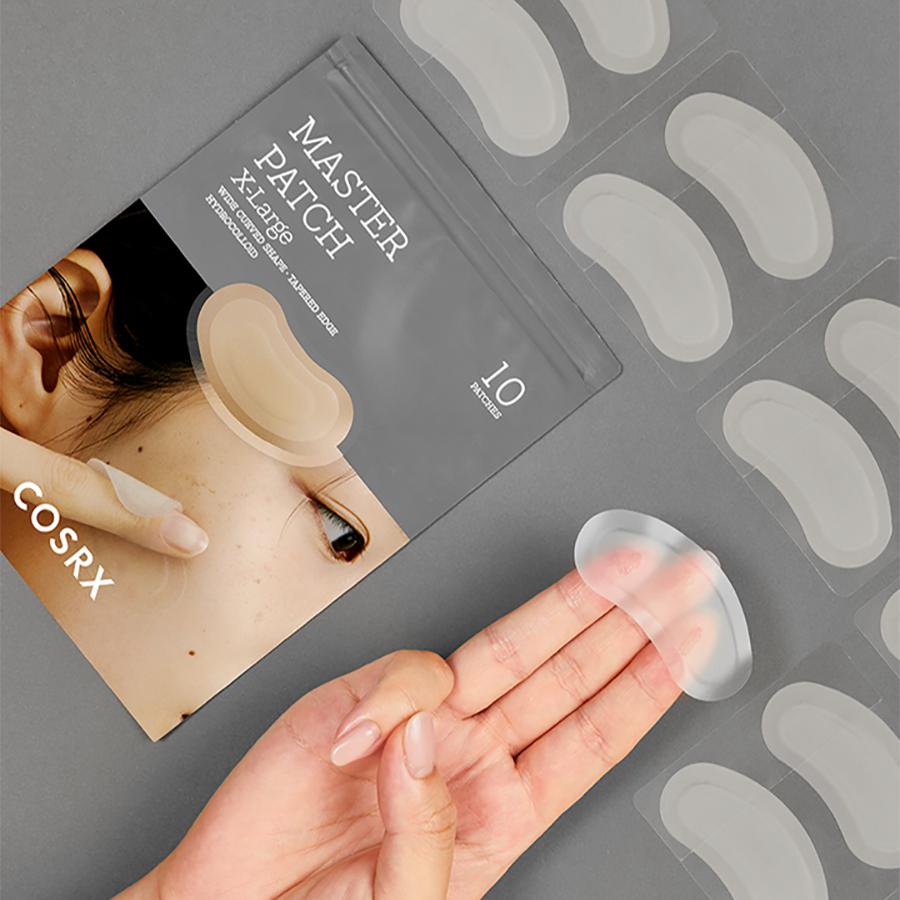
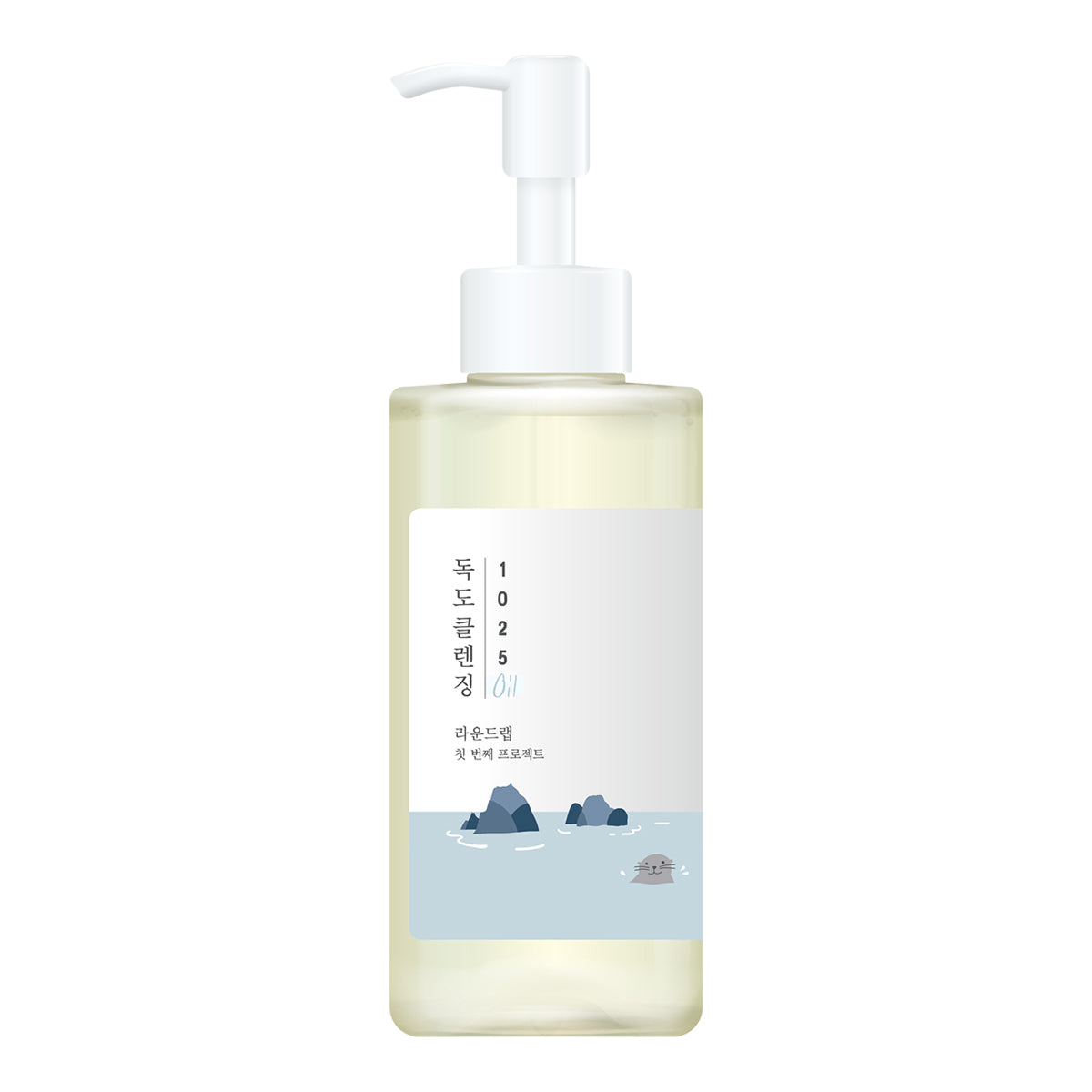
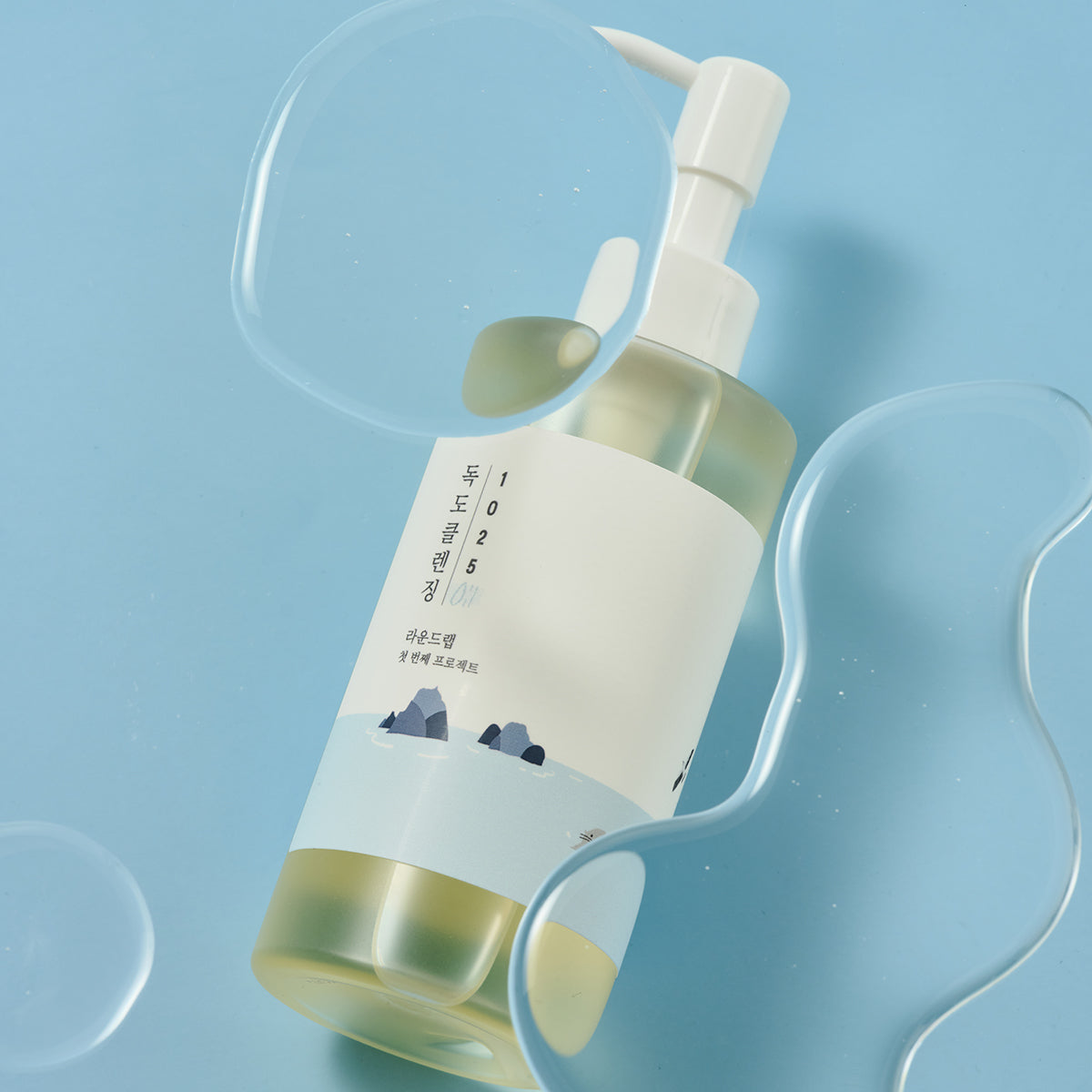
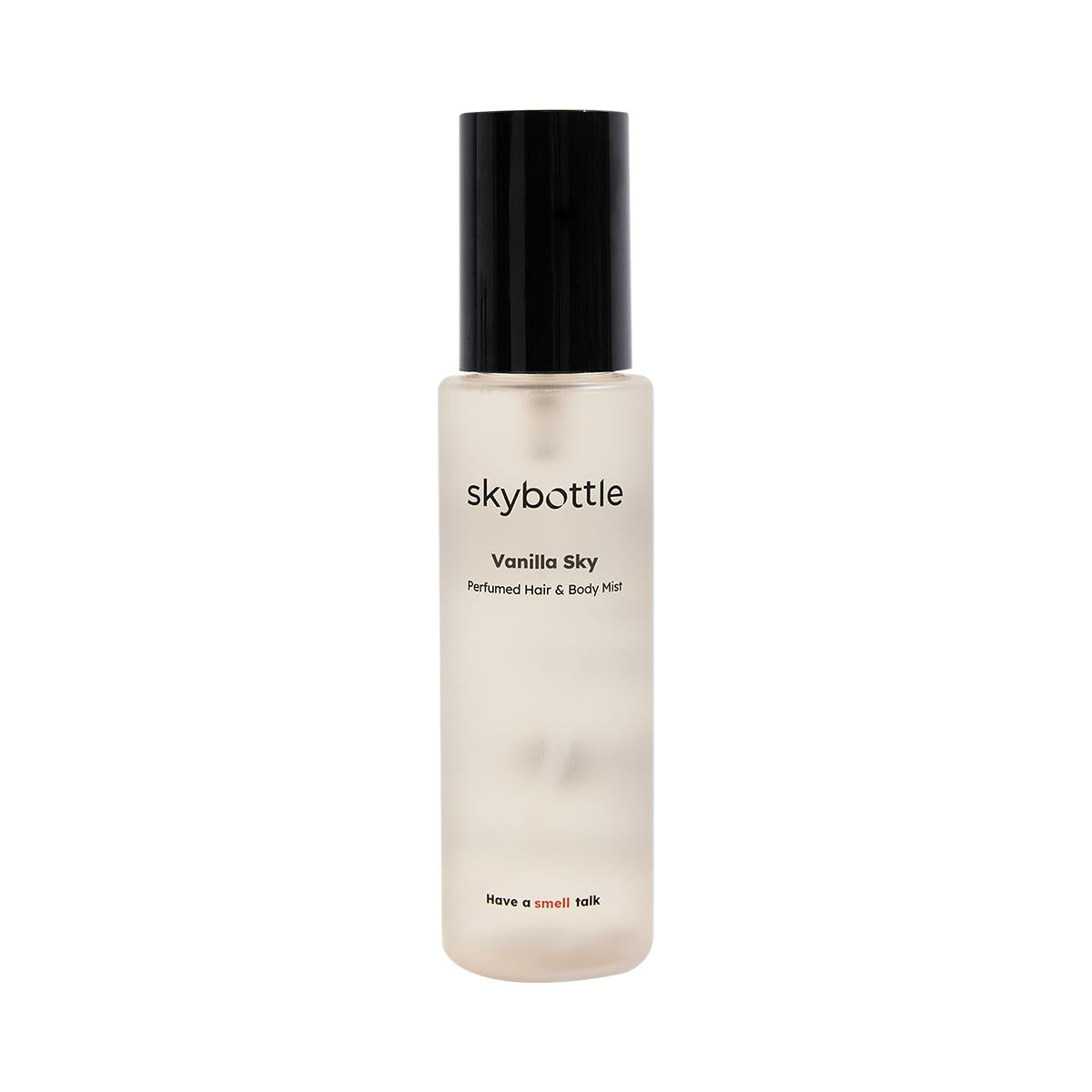
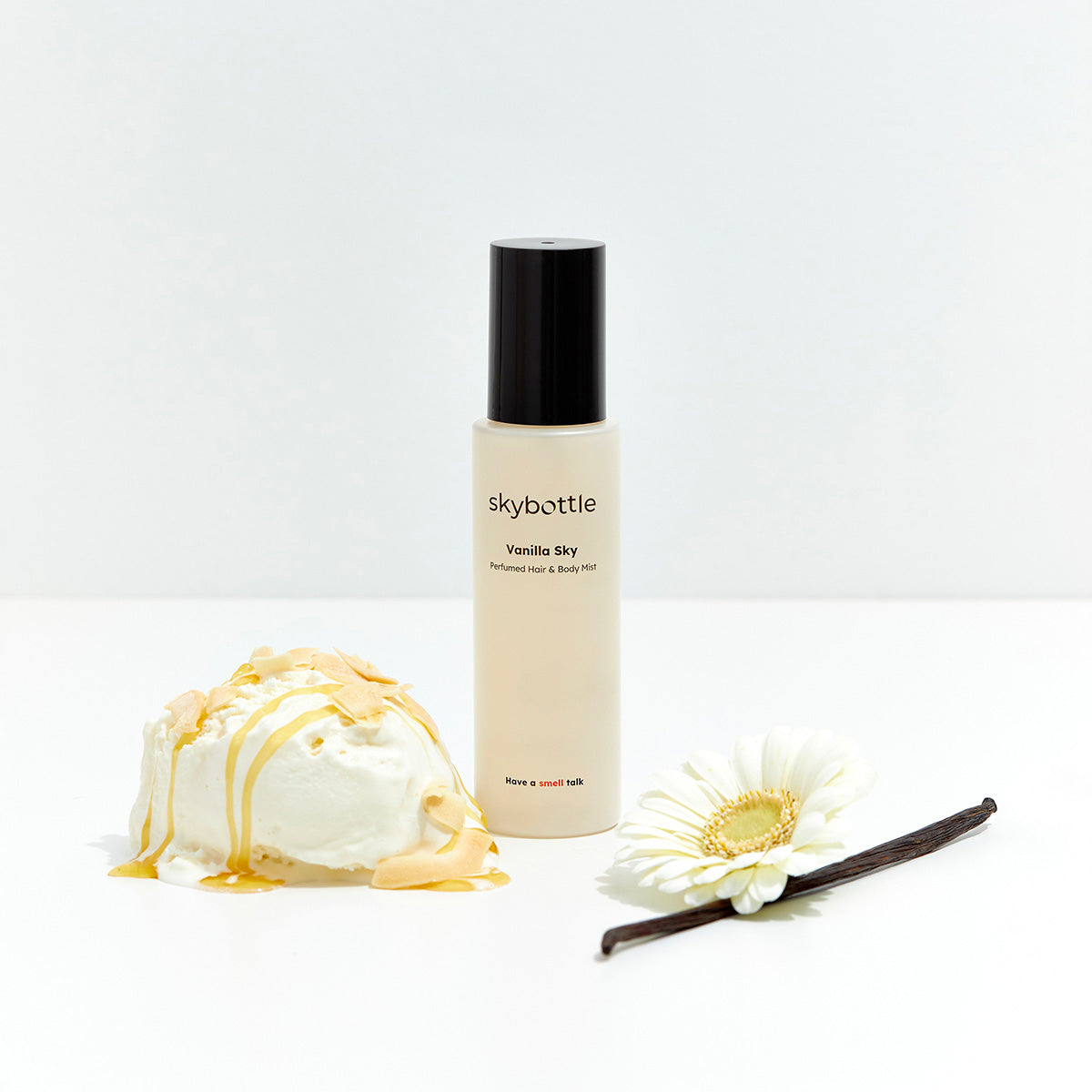
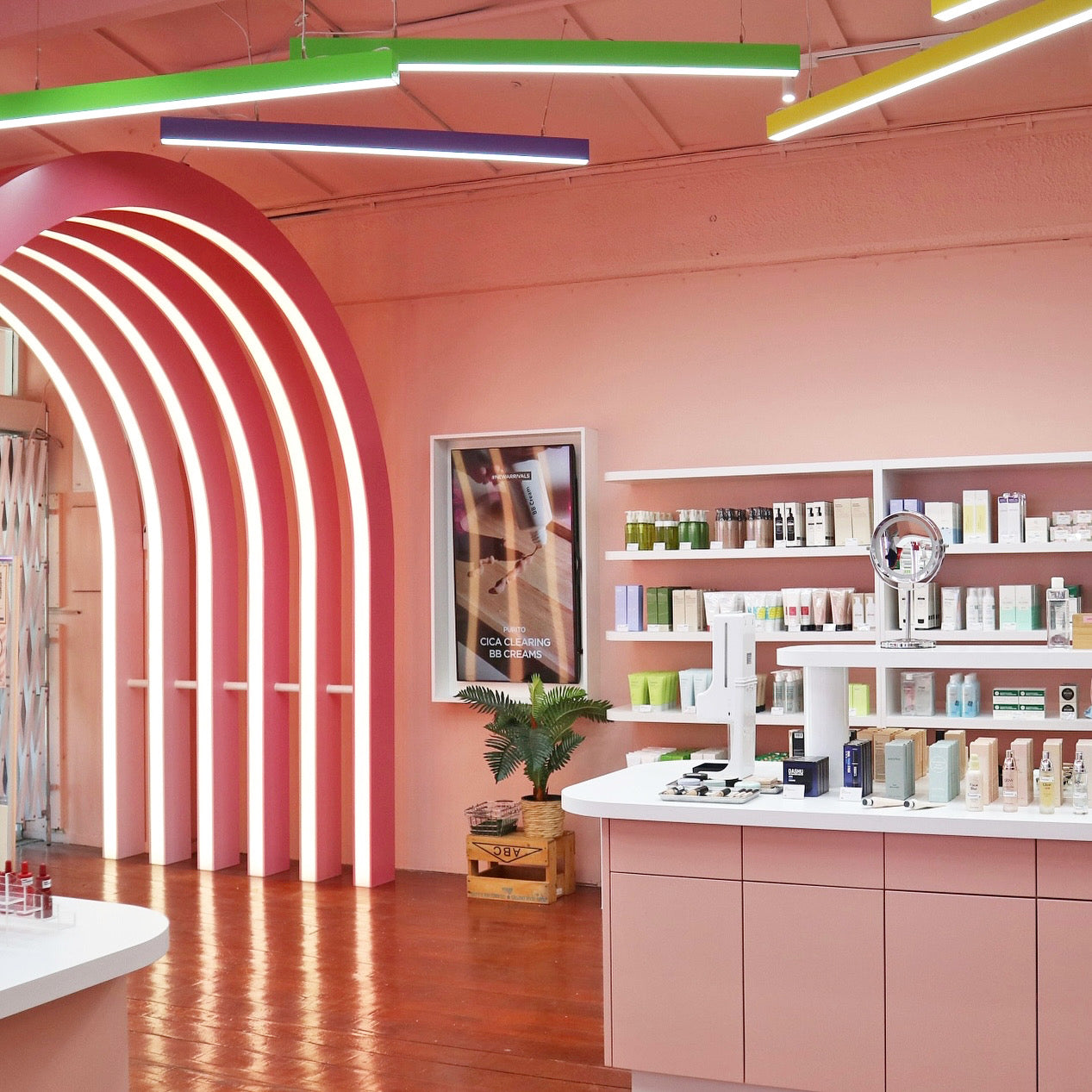
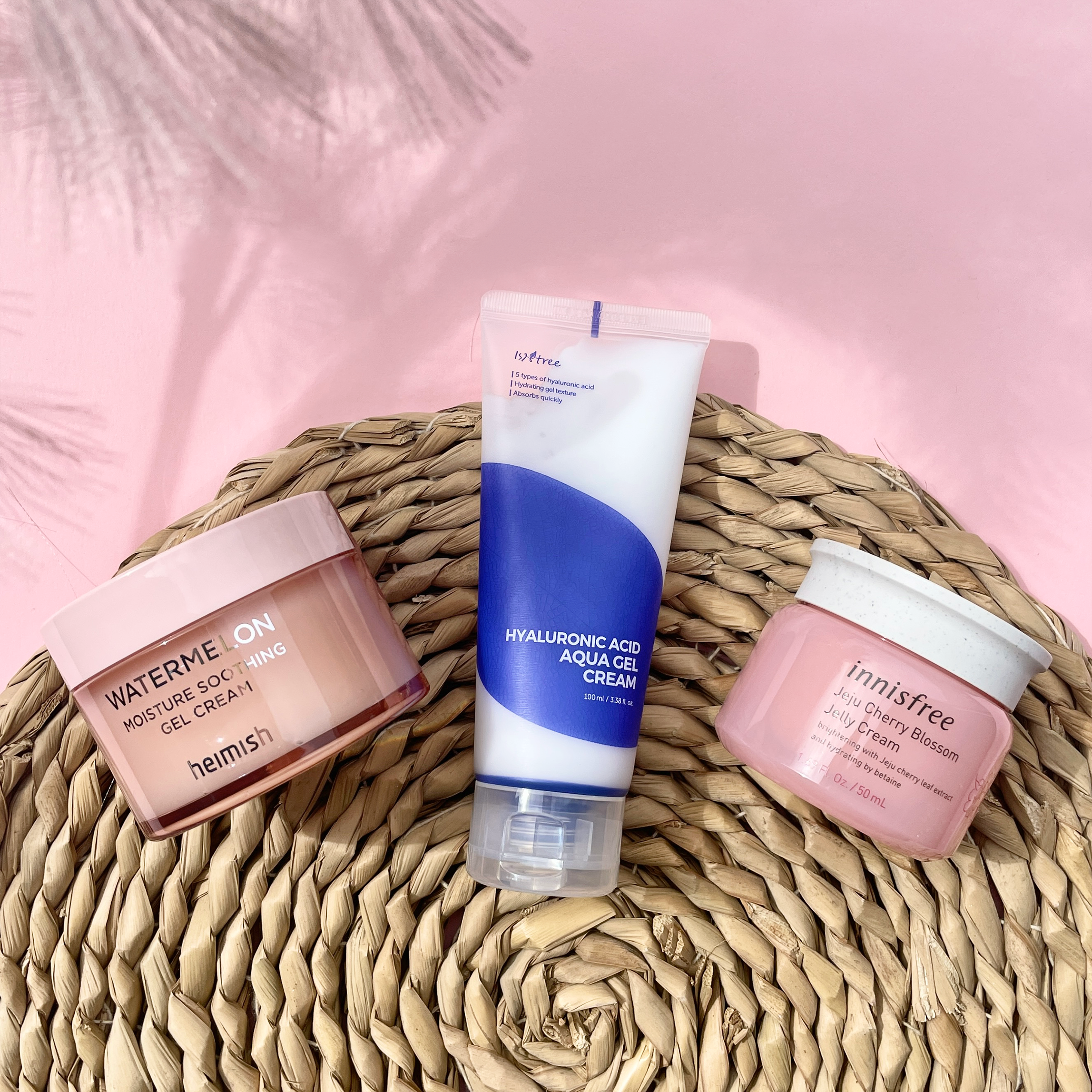
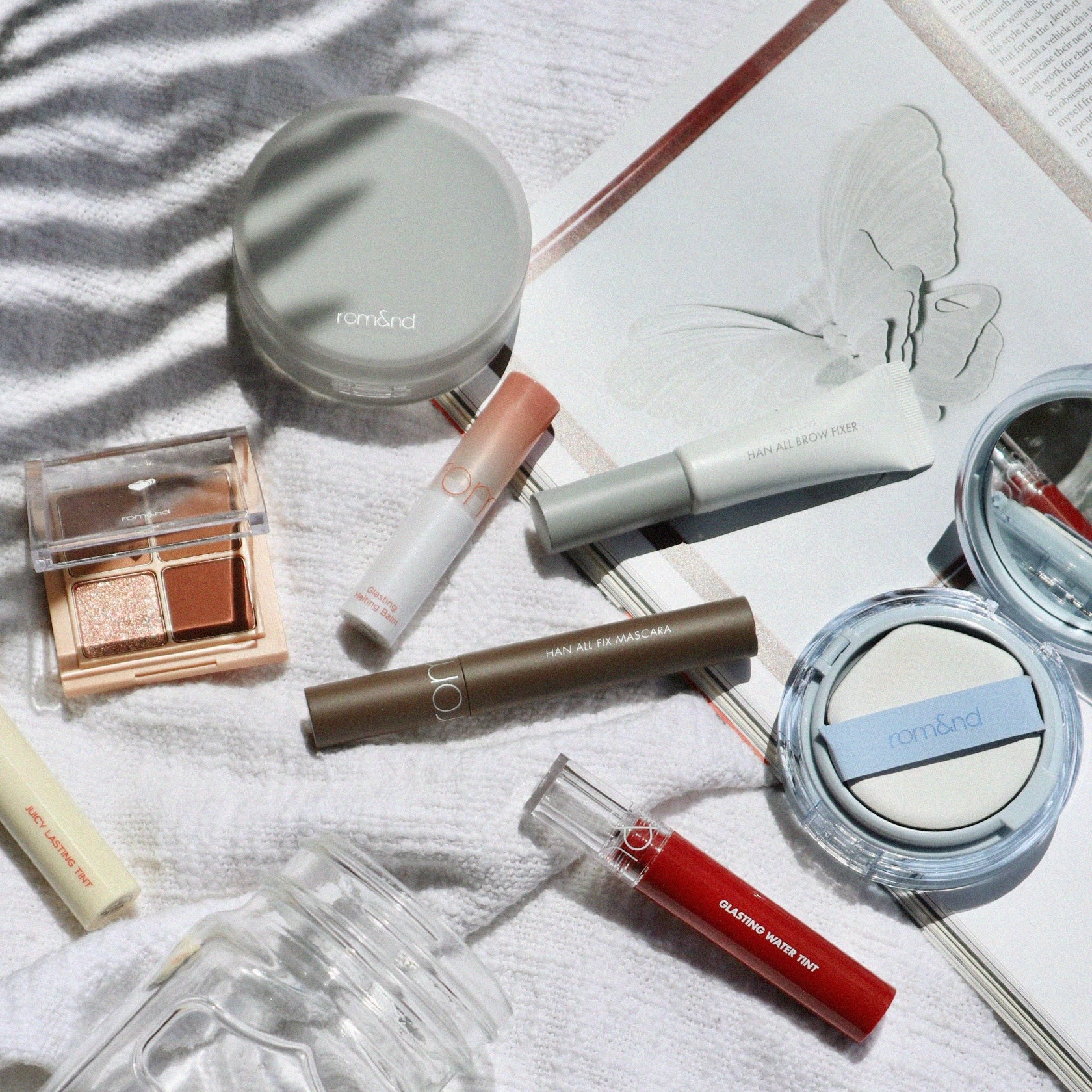
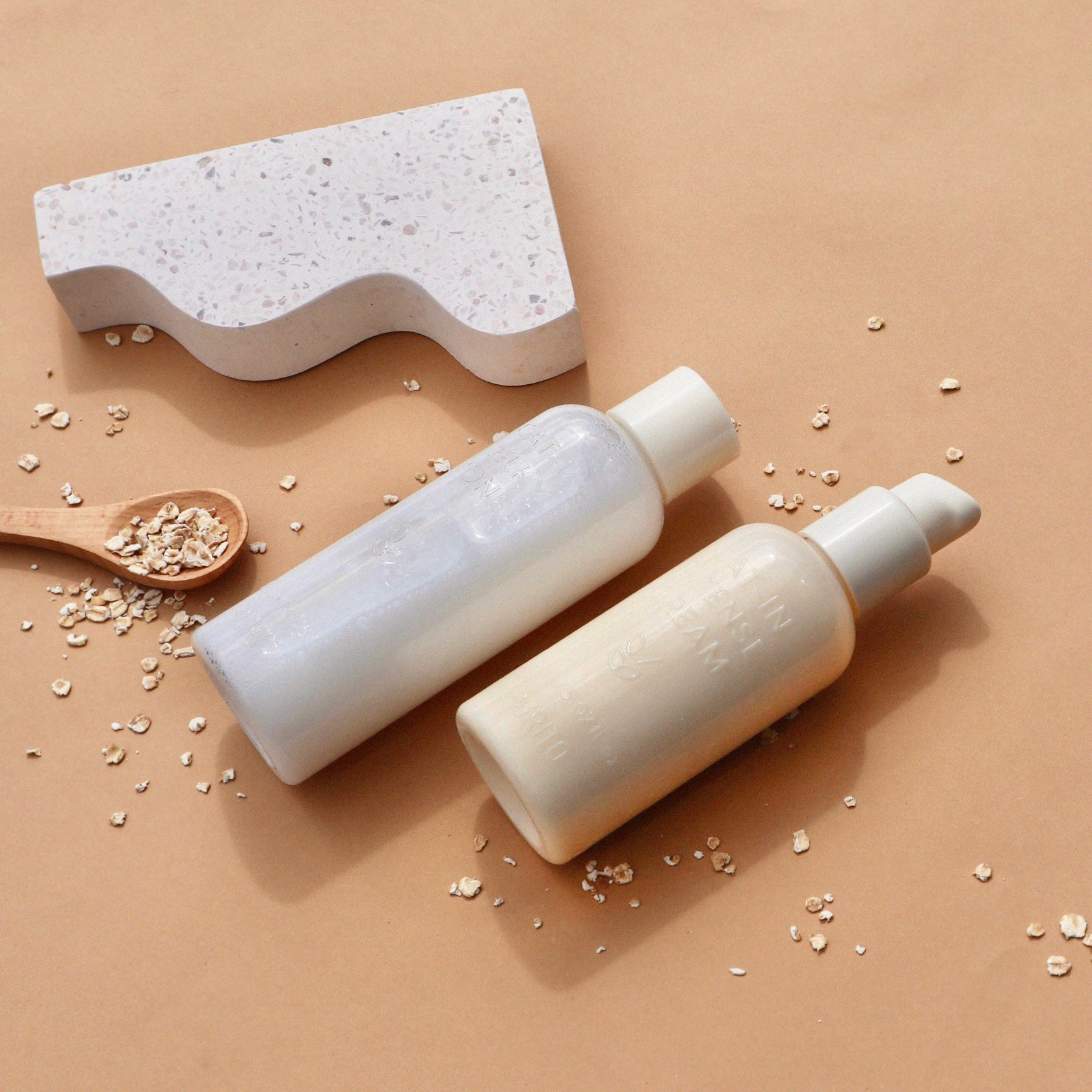
Leave a comment